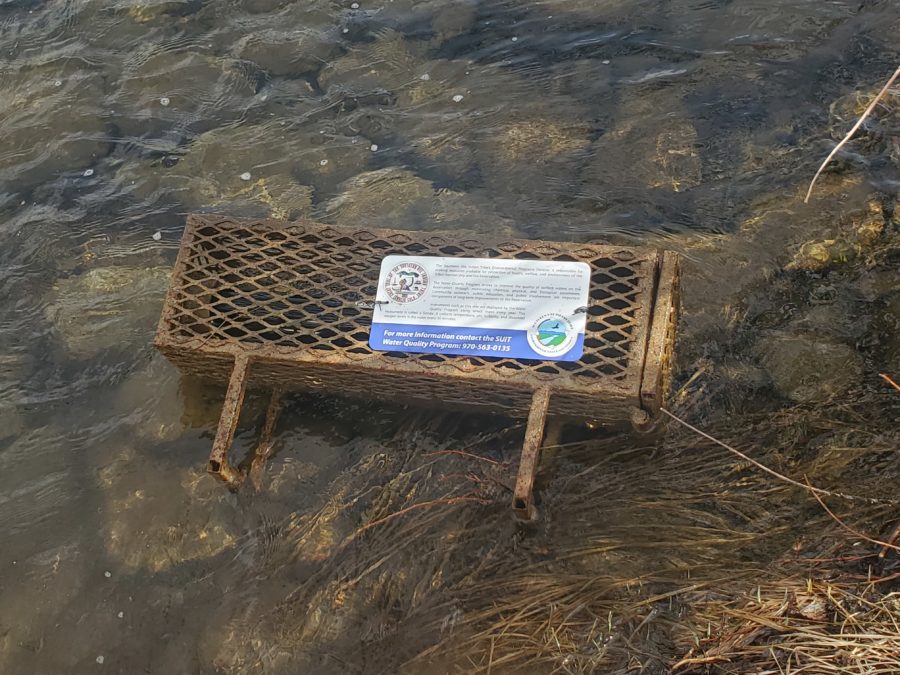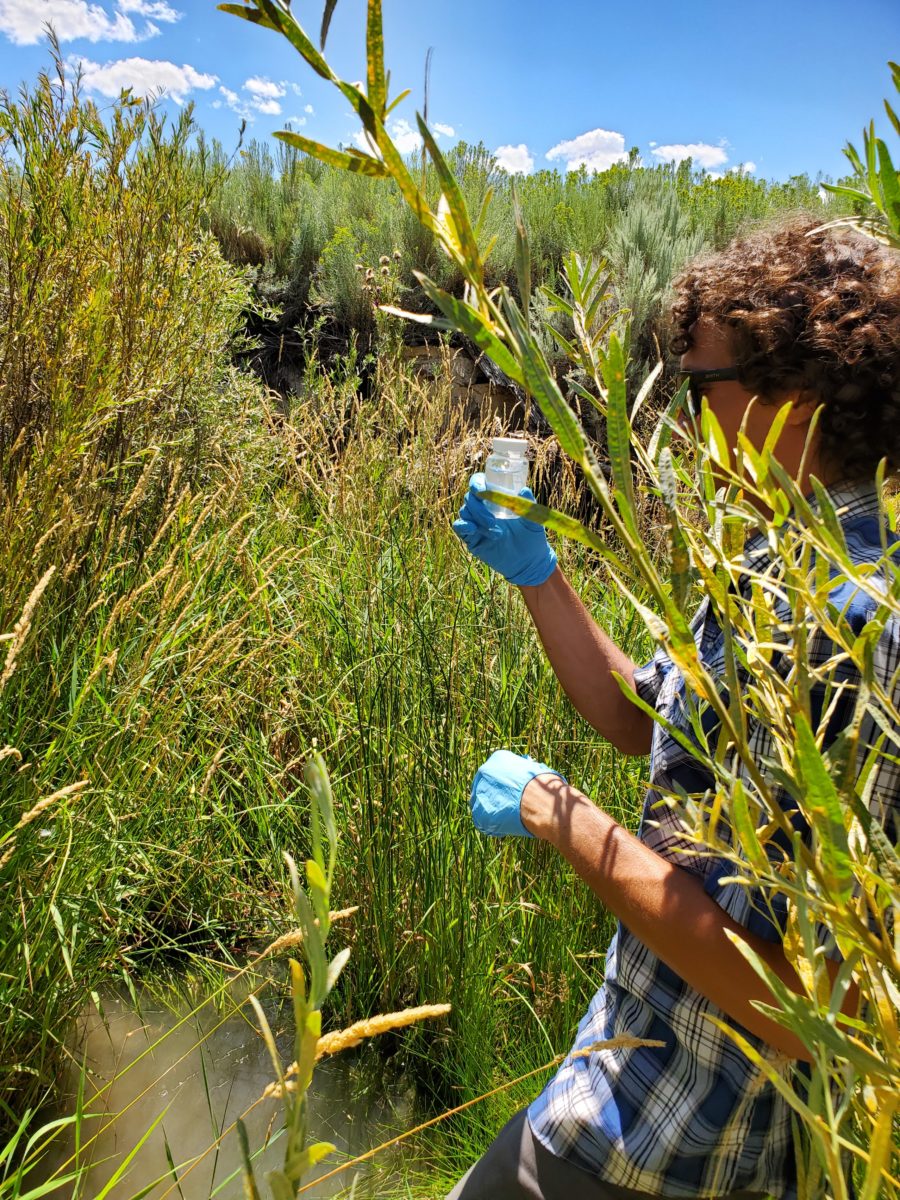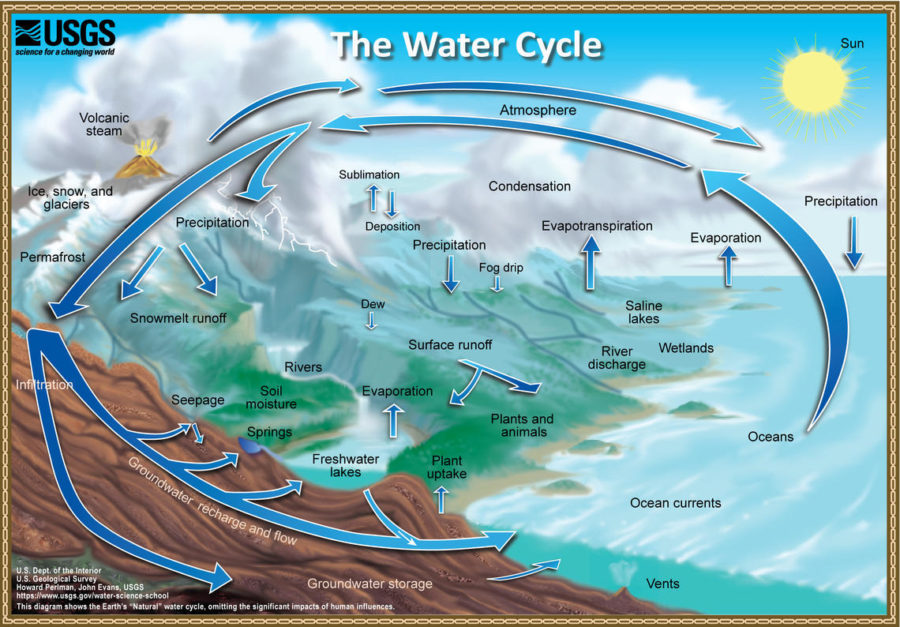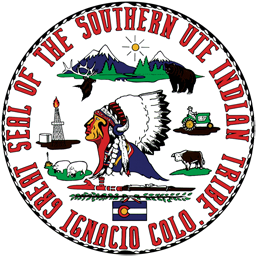The §106 Program monitors 23 aquatic sites across the Southern Ute Reservation. These sites include rivers, streams, wells, seeps, springs, lakes, and ponds. At each of the monitoring locations, chemical, physical and biological data are collected for three-year periods on a rotating schedule. General water quality monitoring occurs year-round using sonde technology and water sampling in all weather conditions. The sonde continuously monitors dissolved oxygen, conductivity, temperature, turbidity and pH at 30 min intervals for up to 9 months during the year. All data collected are uploaded into the EPA database, Water Quality Exchange Portal which is available here: https://www.waterqualitydata.us/.

Surface water sampling is done with following EPA approved quality assurance protocols and standard operating procedures to ensure no contamination of the samples. These samples are then sent to the proper labs for analysis. The samples are tested for nutrients, metals, total coliforms and E. coli.

Elevated level of nutrients in water can cause an increase in algal growth, as well as increase diurnal fluctuations in dissolved oxygen and pH, which can pose a threat to aquatic life. The largest contributors to nutrient enrichment are considered to be agricultural practices and wastewater treatment plant discharge.
Trace metals have the potential to bioaccumulate depending on the chemistry of the water. These metals enter the environment in a variety of ways, both naturally from water running over rock formations, and through human related activities like mining runoff.

A variety of bacteria, parasites, and viruses, known as pathogens, can potentially cause health problems if human ingest them. The EPA considers total coliforms a useful indicator of other pathogens in the water and have determined limits or standards for drinking and recreational waters.
Data collected by the WQP from tribal waters throughout the Reservation have been used for the development of water quality standards which form the basis for protecting the tribal surface waters. The Tribe received Treatment as a State for Water Quality Standards and Section 401 Certification from the EPA in March 2018.
For more information or to request a groundwater well test please contact 106 Coordinator at 970-563-2222 or email.
